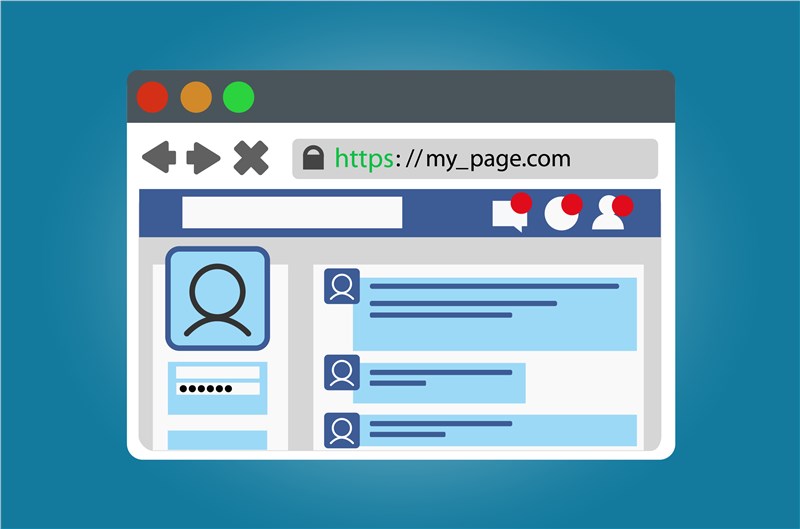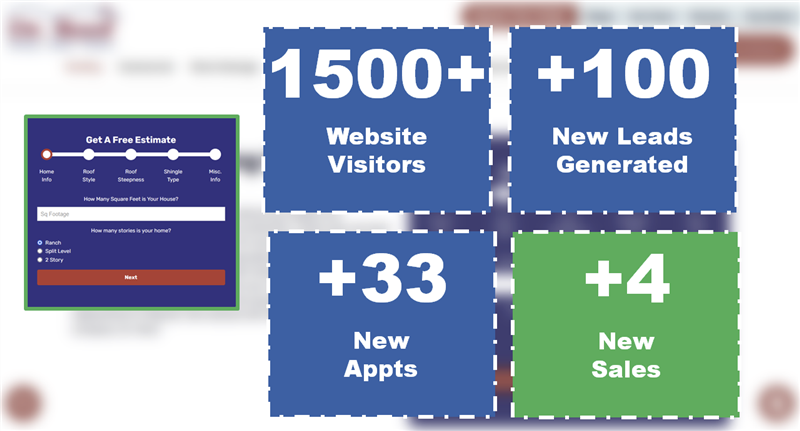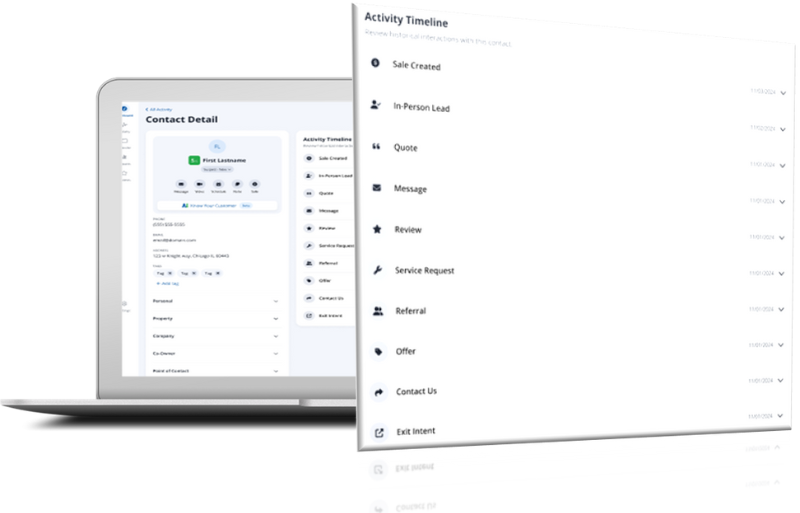Facebook’s Updating its Algorithm: What This Means for Your Business
In a recent announcement, Facebook plans to change the way we interact with pages, people, and our newsfeed.

How Does The Algorithm Currently Work?
Right now, Facebook determines what we see in our newsfeeds by ranking content. They use indicators like how many people engage with a post through reactions, comments, tags, and shares. Posts that see high engagement (like videos from popular pages, or posts from famous brands), are pushed to the forefront of your newsfeed, while posts with lower engagement (like a status update from a friend), will be further down on your newsfeed, making you less likely to see it.
What’s Changing?
Facebook is returning to its roots and will de-emphasize content from public pages and businesses, while placing a higher value on posts from your friends and family. After extensive research, they found that mindlessly scrolling through content from businesses and celebrities does not, in fact, make us feel better. It actually makes us feel worse. Facebook is pushing their goal of meaningful interaction into the forefront, and will rank posts from friends in your network as higher, so you can engage with the people in your life. They will be showing less content from public pages including businesses and celebrities, and are cracking down on engagement bait.
Slow Down, What’s Engagement Bait?
While the term isn’t widely known, you’ve probably seen engagement bait before. Any post, typically from a public page, that encourages you to “Like if you feel this way”, “Share if you love this”, “Tag a friend who would do this”, or, “Comment if you agree”, is engagement bait. These are posts that use clickbait-y language to get more exposure. The content doesn’t inspire conversation but is strictly posted to rack up engagement. These posts are considered “spammy” by Facebook.
Facebook has been cracking down on engagement bait for a while—they tailored the rules for live polls and contests after the initial rollout proved to create little interaction among users. The difference is that Facebook will now penalize both posts and pages that use any type of engagement bait.
What this Update Means for Your Business
What’s new is the overall shift in how Facebook wants to define itself. It was originally designed as a platform for people to stay connected, but over the past decade it has radically shifted to become a revenue lifeline for businesses across the world. While Facebook’s not looking to get rid of opportunity, they realized that people aren’t happy scrolling through unlimited amounts of content whose goal is to provoke a reaction in some way. It’s about fostering a community of thoughtful engagement and meaningful interaction.
So, what does this mean for your business? Don’t panic, your Facebook page won’t become obsolete. Here are three areas of focus to combat these changes:
- Focus your efforts on posting relevant stories that your audience will find meaningful. Write articles that discuss pain points, post helpful tips, share high quality images, and expand into longer-form videos, specifically live-videos. According to Facebook, live videos receive six times as many interactions as regular videos. Why? Because a live video gives you the opportunity to show your followers a personal side of your business, as well as your expertise.
- Lean into the community aspect of your page. Think of your Facebook page as your window into the community. Create Facebook events, and invite your followers to attend. Using Facebook to advertise an open house or cocktail party is the perfect way bridge your online and offline marketing efforts.
- Dive into paid advertising. While your organic reach will change, Facebook isn’t updating their paid advertising model. Now is the time to invest in paid advertising and take advantage of the different types of targeted reach available to businesses.
Facebook’s update strives to connect people to the content they care about most. It may seem concerning as a business, but if you continue your focus on creating and sharing compelling content, as well as investing in paid advertising, you’ll grow in your engagement.








